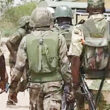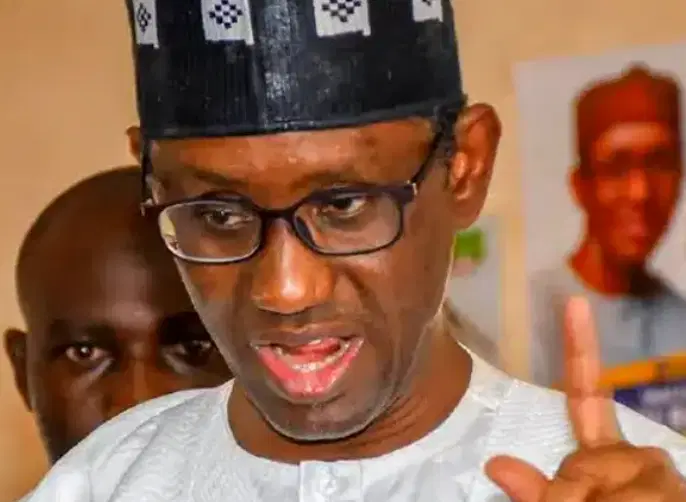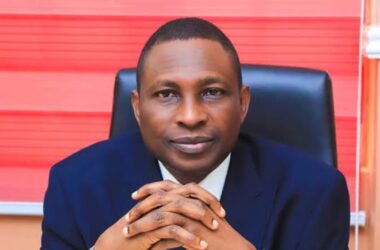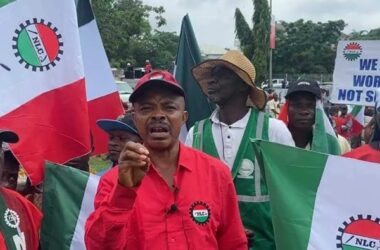The National Security Adviser, Mallam Nuhu Ribadu, and the Chief of Defence Staff, General Christopher Musa, said on Monday that hunger and poverty are now serious security risks, threatening Nigeria’s peace and stability.
Their warning came during the 14th National Security Seminar in Abuja, hosted by the Alumni Association of the National Defence College.
The event coincided with President Bola Tinubu’s launch of 2,000 tractors across the country, part of a new agricultural drive under the Renewed Hope Agricultural Mechanisation Programme.
Speaking through his representative, Major General PP Mala, Ribadu noted that issues such as hunger and poverty are no longer just social concerns.
He said they now fuel crime, unrest, and the breakdown of communities. “These issues form a vicious cycle. Poverty leads to insecurity and insecurity, in turn, deepens poverty,” Ribadu stated.
He added that the Tinubu administration is already taking action through agricultural reforms, security strategies, and investment in social welfare to break this cycle. These include improved support for food production, strengthening law enforcement, and better infrastructure for farming communities.
General Musa, who was represented by Rear Admiral Ibrahim Shetimma, also noted that food insecurity and poverty are closely linked to today’s security threats.
He described the situation in Benue State and other parts of the North-Central region, where farmer-herder clashes and bandit attacks have disrupted farming, displaced families, and triggered a rise in food prices and rural poverty.
He urged the government to focus more on grassroots farming, calling it essential to national survival. Musa said, “We must make farming attractive again — not as a last resort, but as a national duty and a prestigious calling.”
President Tinubu, at a separate event in Abuja, commissioned the first phase of the new tractor initiative aimed at modernising agriculture and improving food supply.
He said, “We made a promise when we came in, we are fulfilling that promise.” The 2,000 tractors will be deployed across states using a service-provider model, giving small-scale farmers access to modern tools.
The President said the goal goes beyond food sufficiency — Nigeria aims to become a global food exporter.
He also thanked Belarus, Nigeria’s key partner in the project, for providing equipment, training, and technical support. He made special mention of Belarusian businessman Alex Sigman for helping make the partnership possible.
Defence Minister Mohammad Badaru Abubakar said the country’s security focus must now include jobs, food, and social inclusion. He noted that peace is not possible without reducing the desperation caused by poverty and hunger.
“This administration’s strategic interventions in agriculture, vocational training, and the provision of essential social services are already impacting countless lives,” he said.
Air Commodore Darlington Abdullahi (retd), President of the Alumni Association, also spoke at the event. He noted that hunger and poverty are not only humanitarian concerns but also root causes of instability.
“The children of the poor you fail to train will never let your children have peace,” he warned.
Abdullahi called for more investment in education and economic opportunities to help people avoid falling into crime and extremism. He also proposed the creation of special training centres for families of fallen military personnel, to support healing and national unity.
Meanwhile, Agriculture Minister Abubakar Kyari revealed that the mechanisation programme will help cultivate over 550,000 hectares of farmland and produce over 2 million metric tons of staple crops. He said it will also create about 16,000 jobs and support over half a million farming households.










